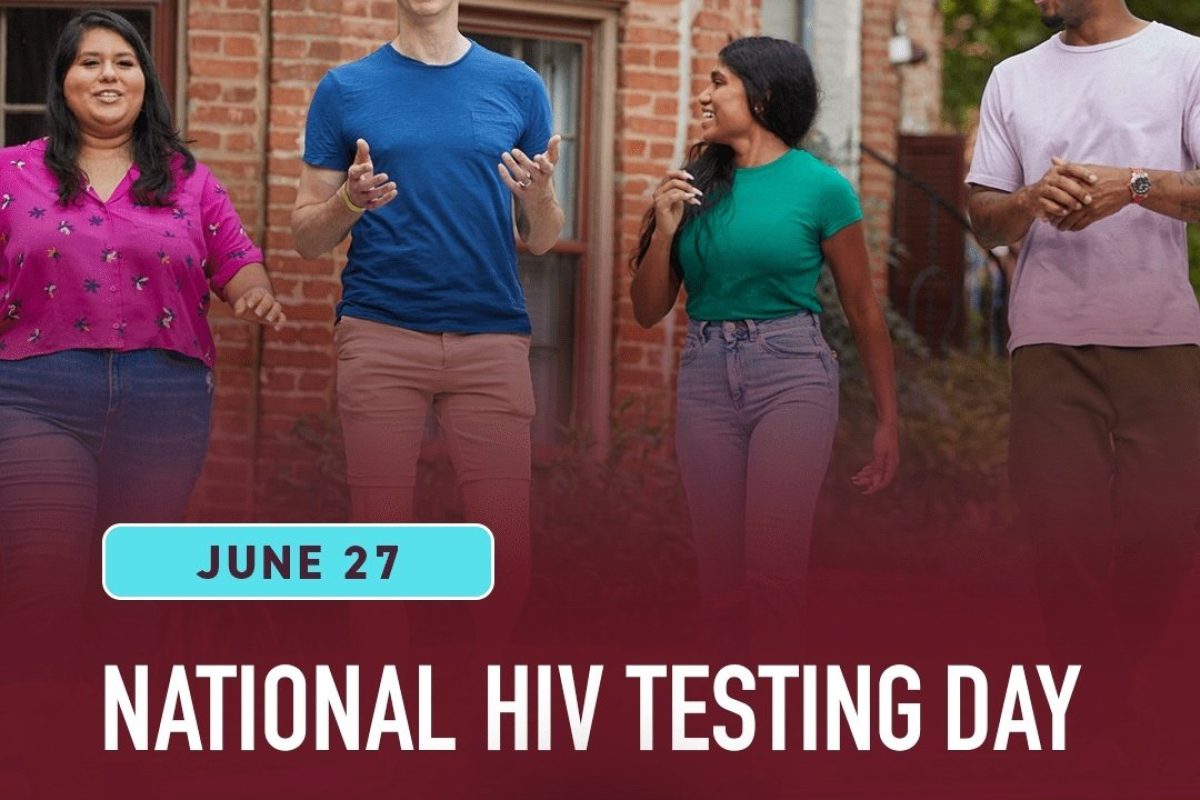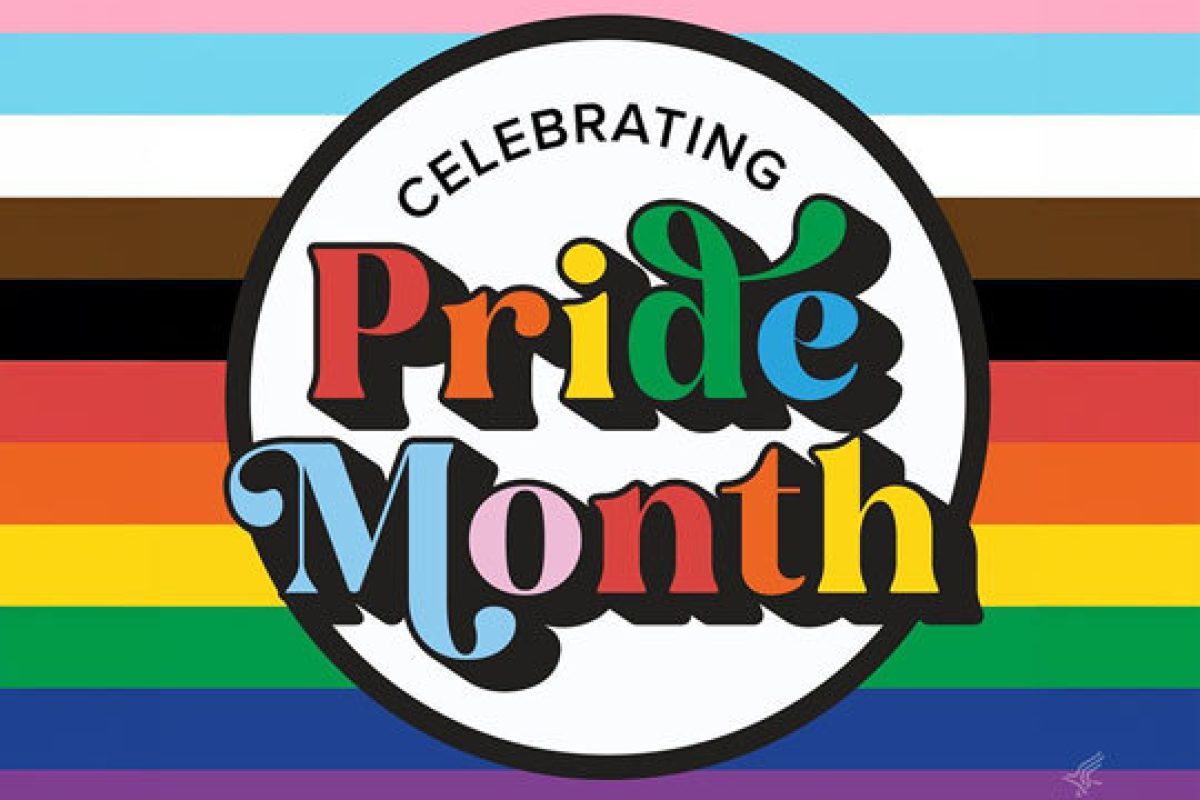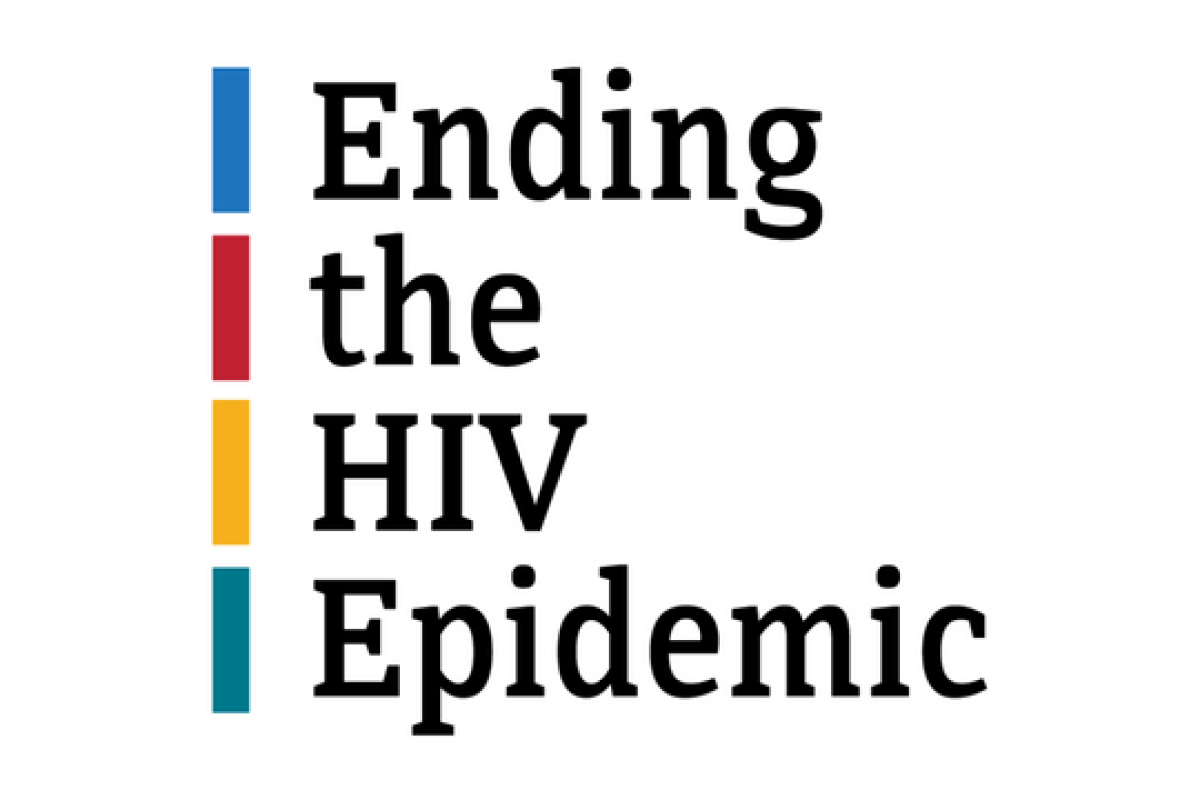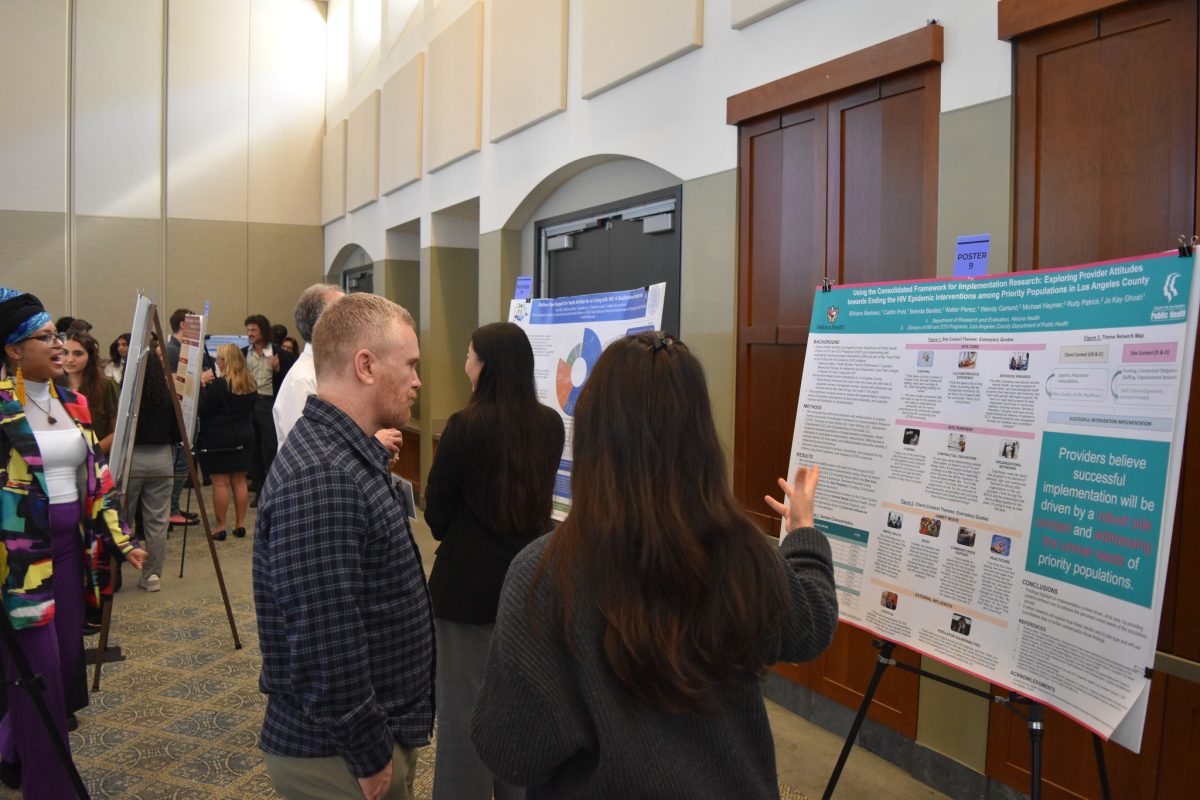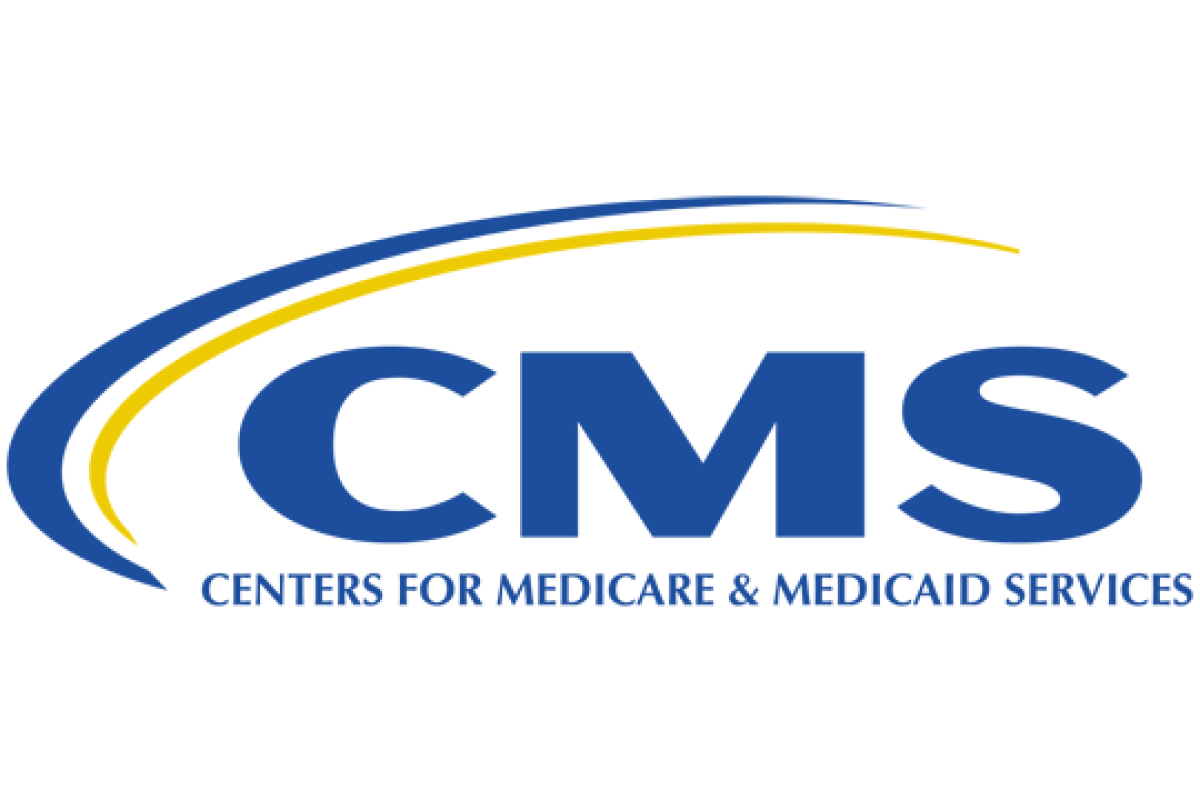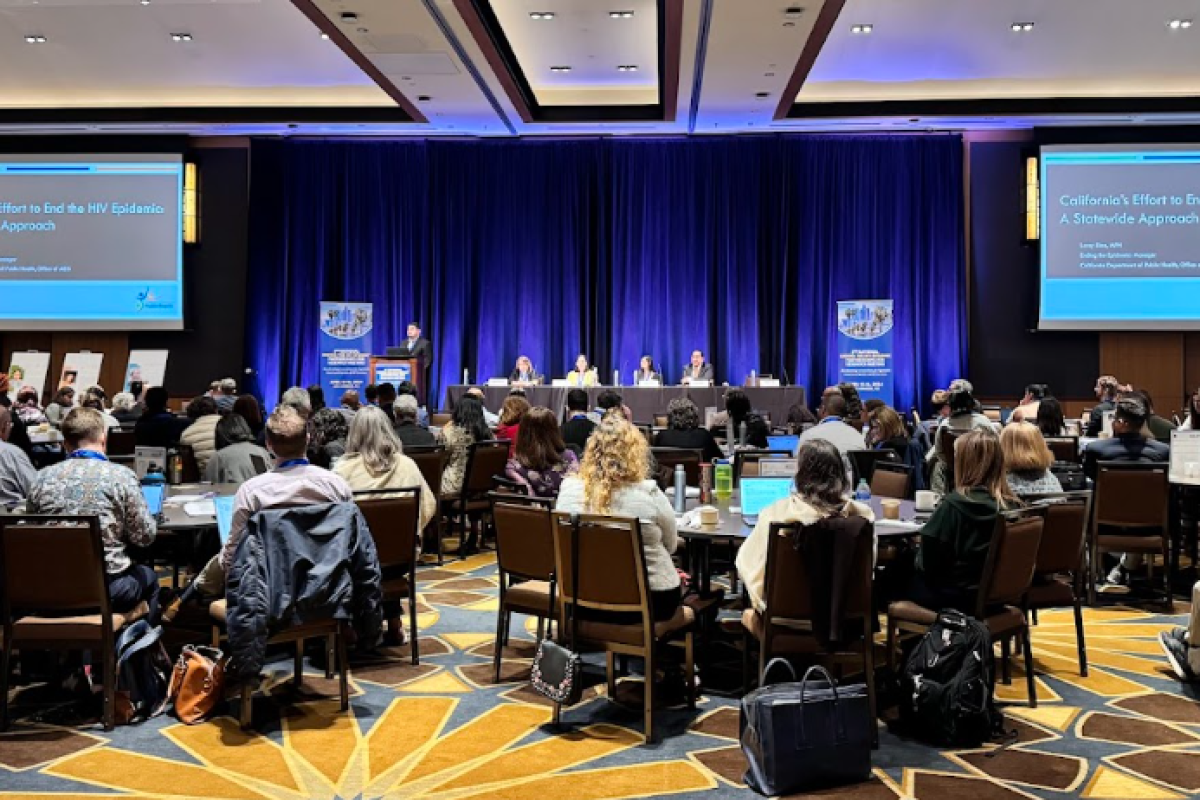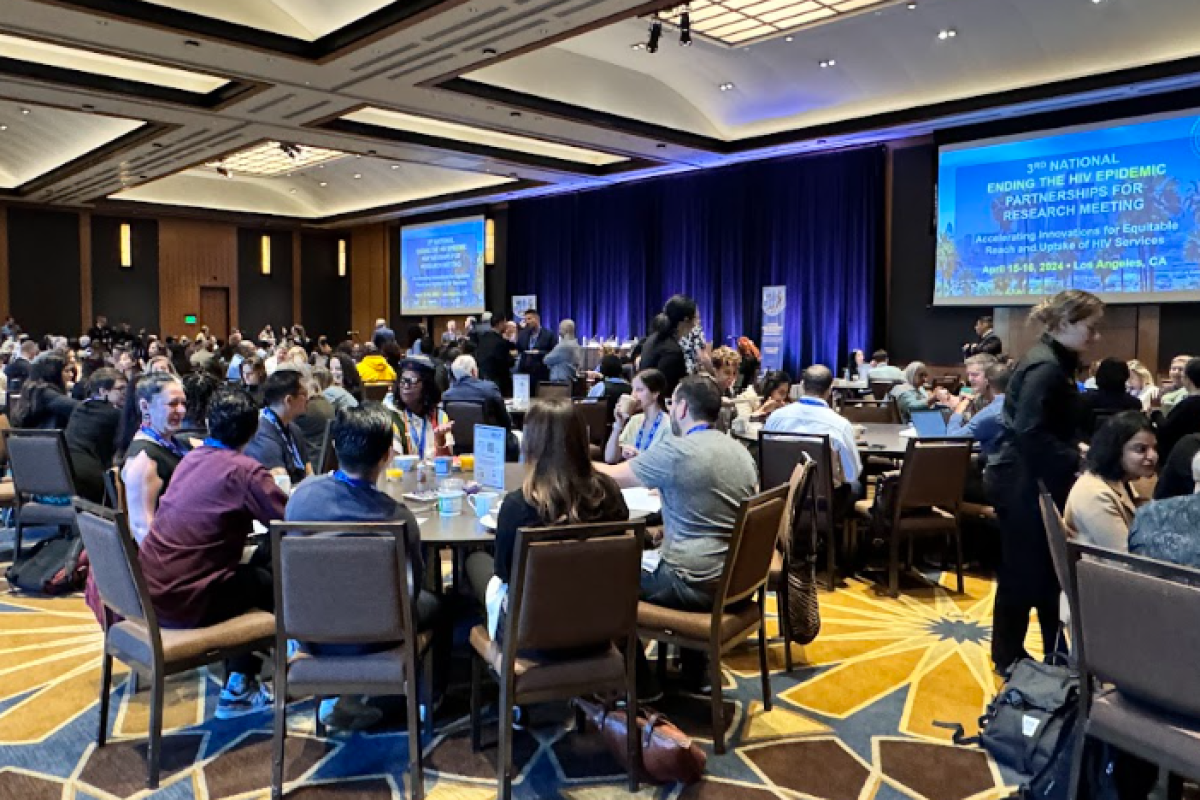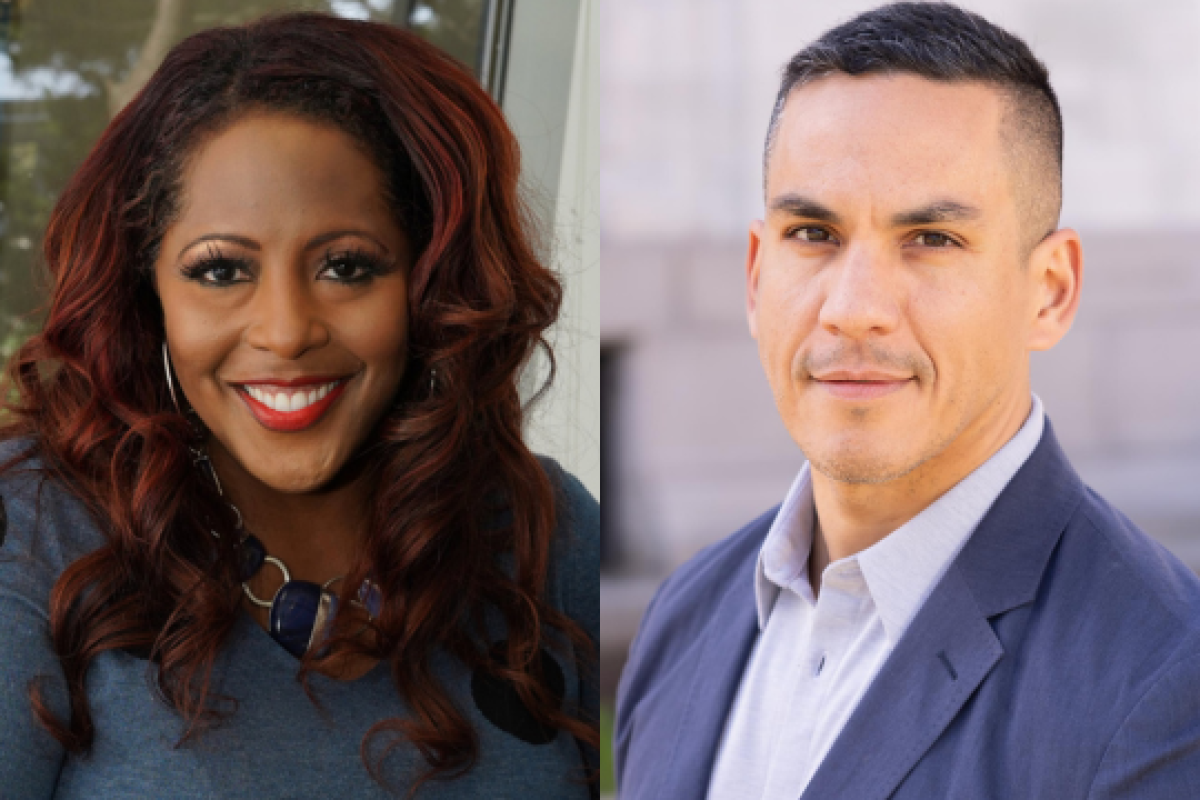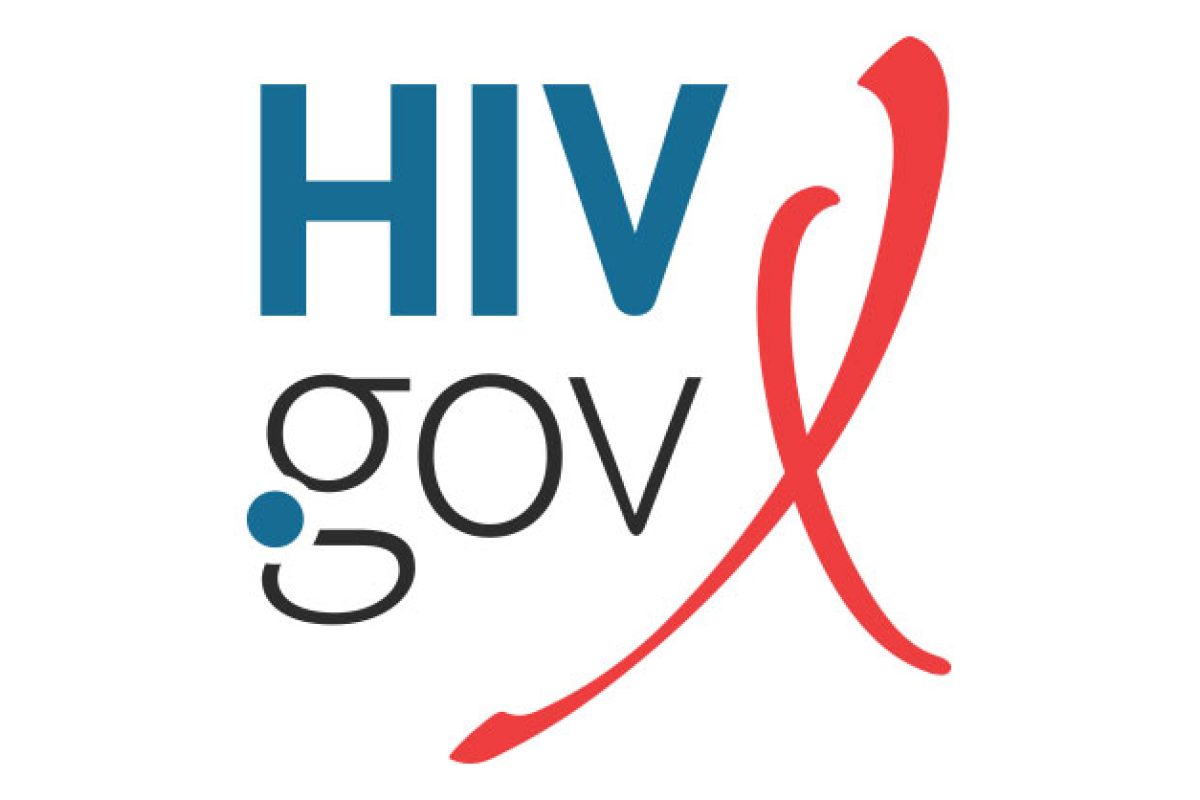This content originally appeared on HHS Press Office. View the full article here.
After raising the progress Pride Flag outside of the Department of Health and Human Services (HHS) headquarters, HHS Secretary Xavier Becerra and other HHS leaders from across the Department released the following statements to celebrate Pride Month:
Xavier Becerra – HHS Secretary
“Each year during Pride Month we celebrate the LGTBQI+ leaders, activists, and trailblazers, including those who have helped to improve the health of our nation over the past two centuries. We all are freer because of people like Marsha P. Johnson, Dr. Sara Josephine Baker, and Dr. John Ercel Fryer.
Across the Biden-Harris Administration, we have a new generation of changemakers – Admiral Levine, Secretary Buttigieg, White House Press Secretary Karine Jean-Pierre, and all of our LGBTQI+ staff – focused on shaping a more equitable and inclusive future.
HHS works every day to build an America where LGBTQI+ Americans have access to quality, affordable health care and can go to the doctor without fear of stigma or discrimination. Where the state you live in doesn’t determine whether you can access lifesaving, gender-affirming care. And where more communities embrace the diversity that has always strengthened our national character.
We have made tremendous progress but know there is much work still to be done. We will keep fighting for a future that doesn’t define being who you are as courageous.”
Andrea Palm – HHS Deputy Secretary
“HHS is doing the work to make sure the LGBTQI+ community has the same access to care and resources as all Americans, during Pride month, and all year long.
We work hard to advance key policies and programs that help make sure everyone feels safe and seen – at work, at school, and in their doctor’s office. We’ve affirmed civil rights and equal opportunity in HHS funded programs and services, engaged and listened to transgender youth and their families, and created specialized support for LGBTQI+ youth on the 988 Suicide & Crisis Lifeline.
We remain committed to elevating voices from the LGBTQI+ community and celebrating the LGBTQI+ leaders throughout history, across the country, and within our own HHS family who are opening new doors and creating healthier futures.”
Jeff Hild – Principal Deputy Assistant Secretary for Children and Families (ACF) and Acting Assistant Secretary for Children and Families
“ACF is proud to celebrate and support LGBTQI2S+ children, youth, parents, and families. We affirm this support by taking action, including through a strengthening regulation to ensure safe foster care placements for LGBTQI2S+ young people. We say to LGBTQI2S+ children, the parents who love and support them, and LGBTQI2S+ parents and young adults: thank you for being you, we are with you, and we will continue to provide services and supports for you to be safe, healthy, and have every opportunity to thrive.”
Alison Barkoff – Senior official performing the duties of the Administration for Community Living Administrator and the Assistant Secretary for Aging (ACL)
“The LGBTQI+ community includes people of all ages, with and without disabilities. During Pride Month, the Administration for Community Living celebrates that diversity and reaffirms our commitment to ensuring that our programs respect the identities and culture of each person they serve, and that all older adults and disabled people are welcomed. Sexual orientation and gender identity should never be barriers to getting the services and supports a person needs to thrive in the community.”
Renee Wegrzyn, Ph.D. – Director, Advanced Research Projects Agency for Health (ARPA-H)
“Pride Month is a time to honor and celebrate the courage, resilience, and progress of LGBTQI+ individuals throughout history. It also serves as a reminder that we must continue to strive for a world where everyone—regardless of their sexual orientation, gender identity, or expression—can live freely and without fear of discrimination. At ARPA-H, we are creating a culture that promotes diversity, accessibility, and inclusion in all aspects of our work and driving innovation in health and technology to better serve and support all Americans, including the LGBTQI+ community. Let us celebrate Pride Month with open hearts and minds and a renewed dedication to building a world where love, acceptance, and cutting-edge advancements in health and technology prevail.”
Dawn O’Connell – Assistant Secretary for Preparedness and Response (ASPR)
“ASPR is committed to ensuring that inclusion and equity are woven throughout every aspect of our nation’s preparedness and response efforts. ASPR’s close partnership with the LGBTQI+ community reflect this commitment. Pride month is an opportunity to stand with our LGBTQI+ partners and reaffirm our dedication to supporting their needs in times of a public health emergency or disaster response.”
Mandy Cohen, M.D.– Director, Centers for Disease Control and Prevention (CDC)
“During Pride Month, we honor the contributions of the LGBTQI+ community to public health. CDC is dedicated to addressing health disparities affecting LGBTQI+ individuals to ensure access to vital health services for all. Fostering supportive and inclusive communities is critical to wellbeing, and the CDC remains committed to supporting the health of our diverse communities through data, expertise, and investments.”
Chiquita Brooks-LaSure – Administrator, Centers for Medicare and Medicaid Services (CMS)
“At CMS, high-quality health care for LGBTQI+ people is part of the vision now and for future generations. All who rely on coverage through Medicare, Medicaid and CHIP, and the Marketplaces deserve fair, comprehensive coverage, regardless of sexual orientation or gender expression. In recognition of Pride Month, we stand with the LGBTQI+ community and continue to partner to make health care a right for all.”
Robert M. Califf, M.D. – Commissioner, Food and Drug Administration (FDA)
“Pride Month is an opportunity for all of us to demonstrate how proud we are to stand with the LGBTQIA+ community, who are persevering through an ongoing struggle for equality and justice. Through the FDA lens, ensuring people from diverse populations, including the LGBTQIA+ community join clinical trials is key to advancing health equity. FDA-approved medical products must work for all populations as they are intended, and widening the lens of clinical research volunteers will provide essential information to meet this goal.”
Roselyn Tso – Director, Indian Health Service (IHS)
“Indian Country has a rich history of recognizing the unique value of each and every member of our communities. For time immemorial, our traditions have taught us to lift up the contributions that our Two Spirit and LGBTQI+ relatives bring to our nations every day. As director of the Indian Health Service, it is an honor to uphold these ways. IHS remains ever-committed to doing all we can to ensure Two Spirit and LGBTQI+ Indigenous people have access to the highest quality health care in safe, welcoming, and comfortable environments. Across the agency, we endeavor to build the policies, protocols, opportunities, and partnerships necessary to ensure that Two Spirit and LGBTQI+ Indigenous people are respected, protected, and provided with the care they deserve.”
Miriam E. Delphin-Rittmon, Ph.D. – Assistant Secretary for Mental Health and Substance Use (SAMHSA)
“Pride Month serves dual purposes: to celebrate LGBTQI+ joy in living open, authentic lives, and to commemorate historic and ongoing struggles that make doing so possible. A higher prevalence of substance use and mental health issues has been well documented among people who identify as LGBTQI+. SAMHSA is committed to eliminating health inequities experienced by the LGBTQI+ community through efforts such as the LGBTQI+ Family Support grant program, 988 LGBTQI+ specialized services for youth and young adults, and technical assistance and training through the Center of Excellence on LGBTQI+ Health Equity.”
Melanie Fontes Rainer – Director, HHS Office for Civil Rights (OCR)
“This Pride Month, I am reflecting on the stories I have heard from LGBTQI+ communities across the country: the parents who had to relocate – leaving their homes, friends, and lives – for their children’s safety and health, the parents who cannot afford to leave their communities and are subjected to harassment daily for loving their kids, our trans and nonbinary siblings who feel the stress and carry the burden perpetuated by hateful rhetoric and laws, and the advocates and communities nationwide who show up, stand up and fight for equality. This devasting reality is why I am proud to work in an Administration that is fighting this battle on all fronts—to protect health care. We are proud to celebrate the vibrancy and the strength of the LGBTQI+ community that reflects the fundamental values of America. We will continue to safeguard civil rights protections for every person regardless of who they are or who they love.”
Monica Bertagnolli, M.D. – Director, National Institutes of Health (NIH)
“This Pride Month, NIH is proud of the work being done across the agency to cultivate inclusion in clinical trials and other health research that is representative of sexual and gender diverse communities. This work is vital to advance the knowledge base in SGM health and optimize health outcomes for all LGBTQI+ Americans.”
Admiral Rachel Levine, M.D. – Assistant Secretary for Health (OASH)
“Pride reminds us that we are a strong, resilient, and powerful community that fights hate with love. As we celebrate Pride Month, we should recognize how far we have come, even as we take stock of the challenges that we face. Everything we do at HHS emphasizes health equity and this pride month, we are making a focused effort to address and eliminate the health disparities within the LGBTQI+ community. We are focused on our efforts to end the HIV epidemic in the US, prevent syphilis and congenital syphilis, and promote access to care for LGBTQI+ people across America. Together, we can work to support healthy people, healthy communities, and a healthy nation for all. I am a positive and optimistic person, and I believe that working together, we can create a healthier, better future for all people living in the United States.”
Vivek Murthy, M.D. – U.S. Surgeon General
“This Pride Month, I want everyone to know they are seen, they are valued, and they belong. Every day, I am inspired by the strength and courage LGBTQI+ youth demonstrate across the country – and I proudly stand by them in their quest to end discrimination.”
Samuel R. Bagenstos – HHS General Counsel (OGC)
“This year’s Pride Month offers us the opportunity to reflect on just how much the LGBTQI+ movement has achieved, and on the continuing threats to equal treatment and full inclusion of LGBTQI+ individuals in our community. The Office of the General Counsel is proud to support the Department’s efforts to defend and advance the civil rights of LGBTQI+ people at this important point in our history.”
Loyce Pace – Assistant Secretary for Global Affairs (OGA)
“As we celebrate Pride Month, we honor the strength, resilience, and contributions of the LGBTQ+ community worldwide. Ensuring that every individual, regardless of their sexual orientation or gender identity, has access to the health services they need and deserve is central to our work.
The Office of Global Affairs recognizes that health equity is a fundamental human right. Our commitment to fostering a world where everyone, including LGBTQ+ individuals, can thrive in good health is unwavering. This dedication is essential for sustainable development and global well-being.”
Robert Otto Valdez, Ph.D., M.H.S.A. – Director, Agency for Healthcare Research and Quality (AHRQ)
“During Pride Month, we recognize the contributions the LGBTQ+ community has made on all aspects of American life and reaffirm the right of all people to live with liberty and dignity. At AHRQ, we also renew our commitment to helping create safe and inclusive health care settings where LGBTQ+ patients receive high quality care that is person-centered, safe, timely, and effective.”
Carole Johnson – Administrator, Health Resources and Services Administration (HRSA)
“This Pride Month, HRSA continues to proudly stand with the LGBTQI+ community, ensuring access to quality health care and supportive services through HRSA’s Ryan White HIV/AIDS Program, HRSA-supported community health centers, and other programs. Together, we continue to advance health equity and promote the well-being of the LGBTQI+ community.”
Micky Tripathi, Ph.D. – National Coordinator for Health Information Technology (ONC)
“Accurate data collection is critical to more fully understanding and addressing the health inequities that persist in our nation’ communities – which includes the LGBTQI+ community. That’s why the Office of the National Coordinator for Health IT is continually advancing data standards, such as meaning, context, and expected use of sexual orientation and gender identity, to support users’ abilities to identify, assess, and analyze gaps in care, leading to better patient care, experiences and ultimately, health outcomes.”
Jeff Nesbit – Assistant Secretary for Public Affairs (ASPA)
“During Pride Month and throughout the year, let us thank the LGBTQI+ doctors, nurses, caregivers, researchers, and scientists who keep our communities healthy and strong. Here at HHS, we honor them through our work to expand access to care, stand up to discrimination, and connect people with critical health information.
Members of the LGBTQI+ community are some of the greatest authors of our long American story of progress. Today, we celebrate them and the historic advancements they’ve penned for our country’s health and wellbeing.”
Bertha Alisia Guerrero – Director, Office of Intergovernmental and External Affairs (IEA)
“Today and every day, we honor the resilience of the LGBTQI+ community. We celebrate the progress we have made together alongside our partners, while acknowledging the work that still lies ahead. At IEA, we stand in solidity with the LGBTQI+ community, families and allies, as we renew our shared commitment to dismantling barriers to health care, ensuring health equity and championing a future where every LGBTQI+ person is free to be who they are without fear.”
Melanie Egorin – Assistant Secretary for Legislation (ASL)
“During this Pride Month and every month, we continue to work with the Department divisions, Congress, and all our partners to ensure equitable, meaningful, and inclusive access to quality health care, life saving innovation, and important human services without fear of stigma or discrimination. We share the Biden-Harris Administration goal of reducing barriers to care for all Americans.”
Cheryl Campbell – Assistant Secretary for Administration (ASA)
“During Pride Month, we celebrate the vibrant and resilient LGBTQI+ community and reaffirm our commitment to Diversity, Equity, Inclusion, and Accessibility (DEIA) as cornerstones of our mission at HHS. Our work is driven by the belief that everyone deserves access to quality healthcare and the freedom to live their true, authentic lives without fear of discrimination. As Bayard Rustin once said, ‘We are all one. And if we don’t know it, we will learn it the hard way.’ Let us honor his legacy by ensuring that HHS—recognized as one of the Best Places to Work—is where justice, equality, and acceptance prevail, demonstrating through our actions that love and fairness are the norms.
By embracing diversity and fostering an inclusive environment, we are not just supporting individuals—we are strengthening the very fabric of our society. Let us continue to stand together, championing equality and justice and creating a future where every voice is heard, every person is valued, and everyone can thrive.
In Audre Lorde’s powerful words, ‘It is not our differences that divide us. It is our inability to recognize, accept, and celebrate those differences.’ At HHS, we are steadfast in our commitment to celebrating our differences and creating a culture where everyone feels valued and included.”
Rebecca Haffajee, Ph.D., Principal Deputy Assistant Secretary for Planning and Evaluation (ASPE)
“Pride Month is an opportunity to celebrate LGBTQI+ communities and appreciate the rich diversity of our nation. In ASPE, we highly value and prioritize inclusion and equity in our workforce and in the research and evaluations we pursue – ultimately aiming to improve the health and well-being of every person in our country, including LGBTQI+ individuals.”
SOGI Data Action Plan: One Year Impact Brief – PDF (PDF, 492KB): HHS released a brief about the Department’s efforts to incorporate LGBTQI+ populations in HHS surveys and data collection efforts one year after the launch of its Sexual Orientation and Gender Identity (SOGI) Data Action Plan approved by Secretary Xavier Becerra in June 2023. This is an important step in improving understanding of this community, promoting data-based policymaking, and addressing health equity broadly. All divisions of HHS have reviewed their data instruments and initiated determinations and have started incorporating SOGI data measures where possible. Examples of data instruments that have incorporated or improved SOGI data measures in response to the plan include Affordable Care Act Marketplace and Medicare enrollment applications, CDC STI epidemiological surveys, and national substance use and mental health surveys.
CDC Fact Sheet on ACESs among LGBTQI+ Young People – PDF (PDF, 499KB): HHS also released a new CDC factsheet to highlight what we know about adverse childhood experiences (ACEs) among LGBTQI+ young people. It defines ACEs, describes the burden of ACEs among people who identify as LGBTQI+, and shows the types of ACEs young people who identify as LGBTQI+ are more likely to experience than people who identify as heterosexual and whose gender matches sex at birth. This factsheet also outlines the science behind experiencing interpersonal discrimination, including discrimination due to sexual and gender identity, and how this experience is an ACE. The factsheet describes how ACEs can be prevented for all people, including those who identify as LBGTQI+ and includes links to several evidence-based CDC resources that can help prevent ACEs and promote positive childhood experiences.
To View HHS LGBTQI+ Fact Sheet, click here – PDF

